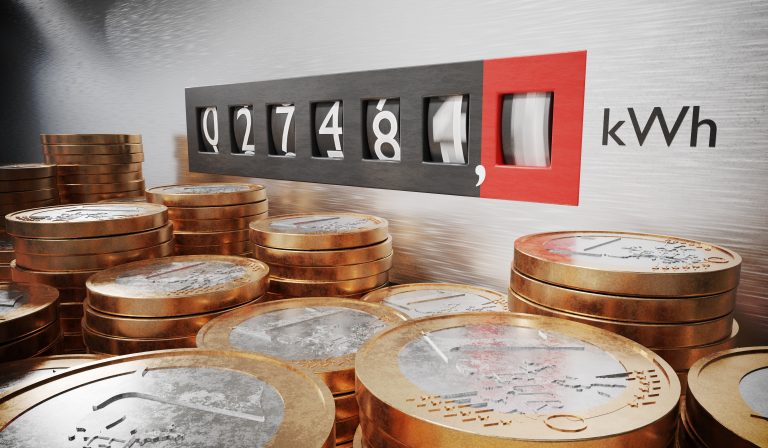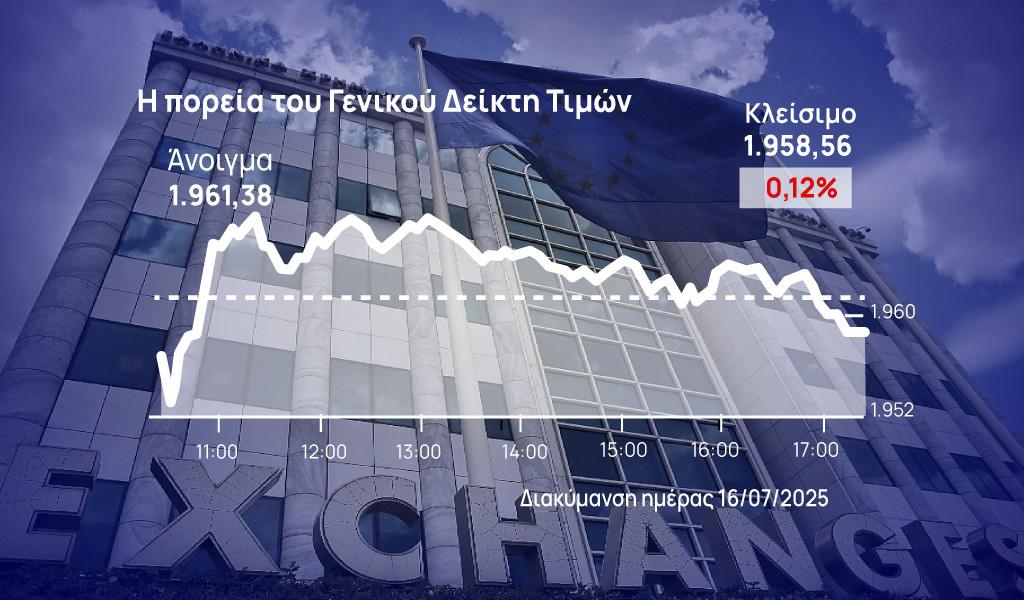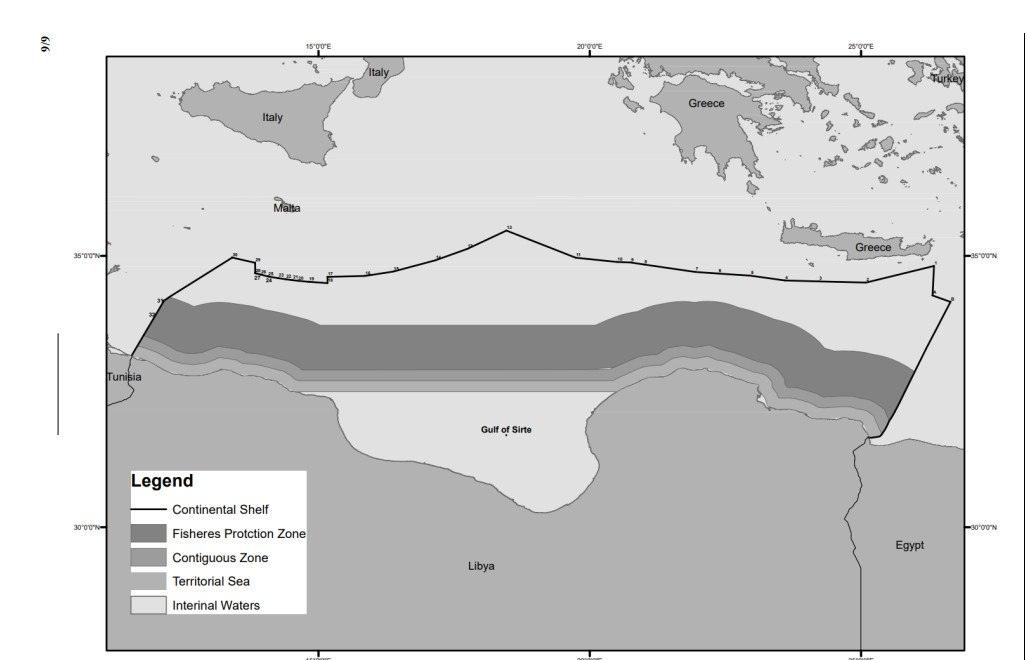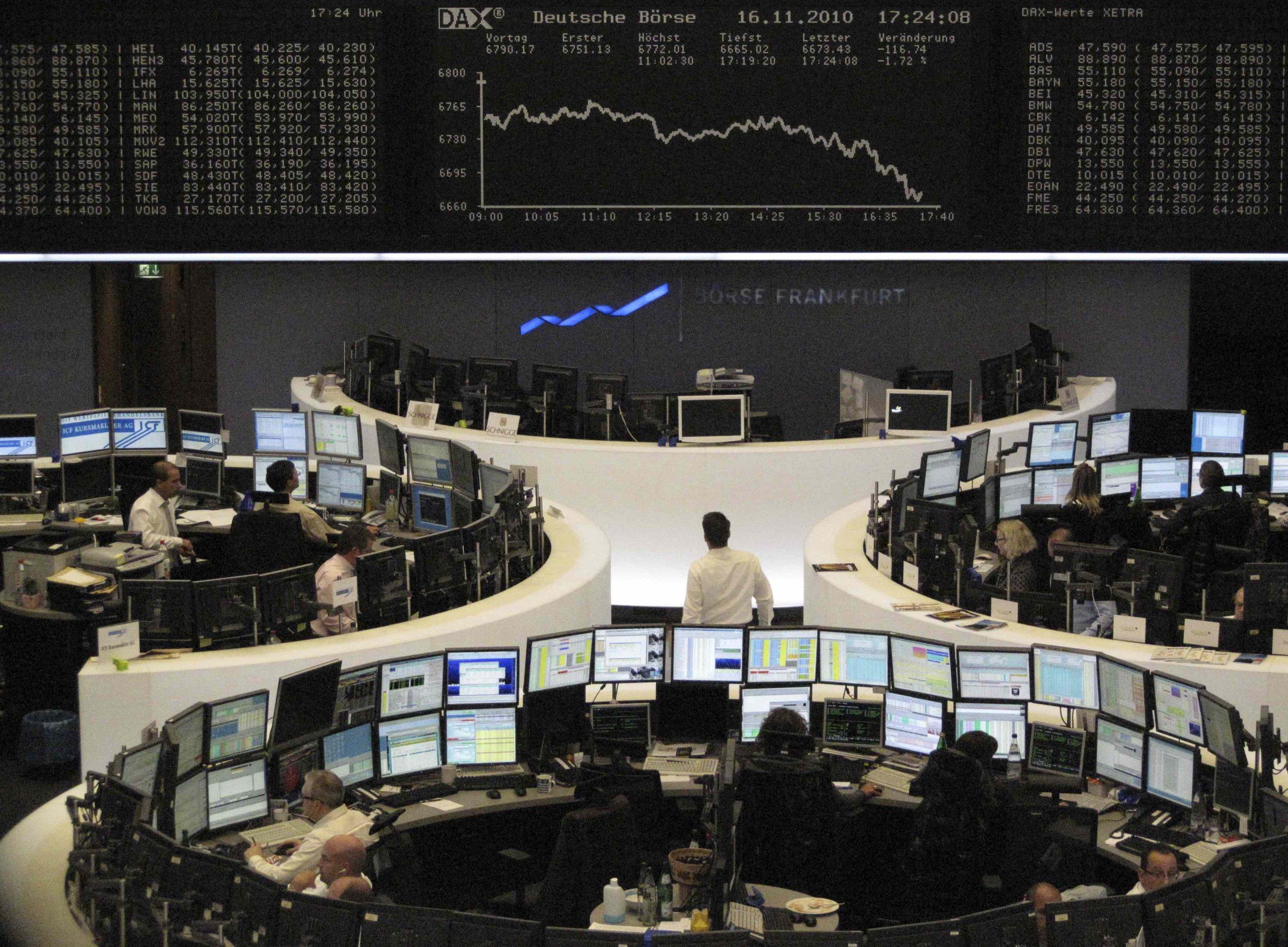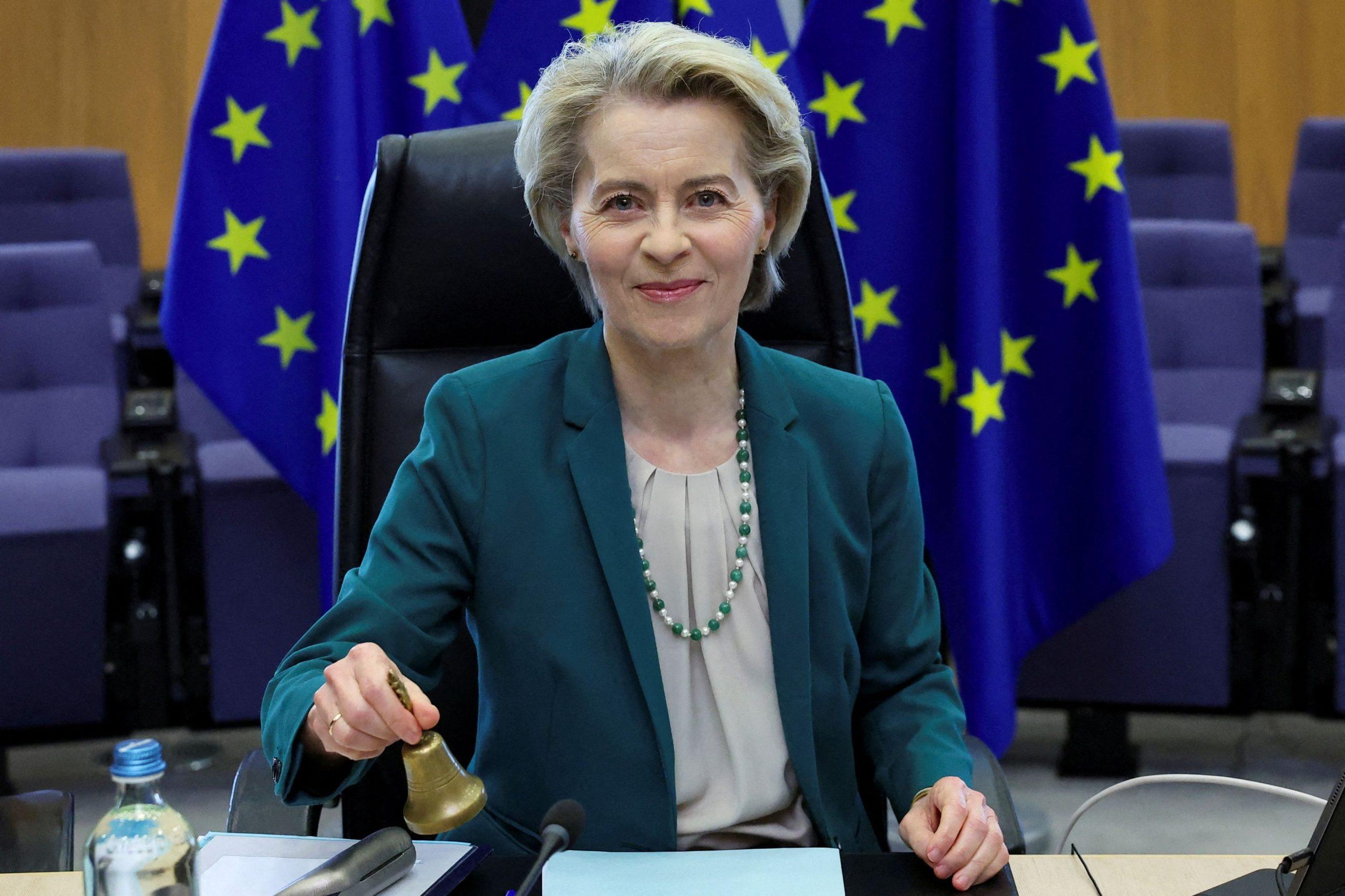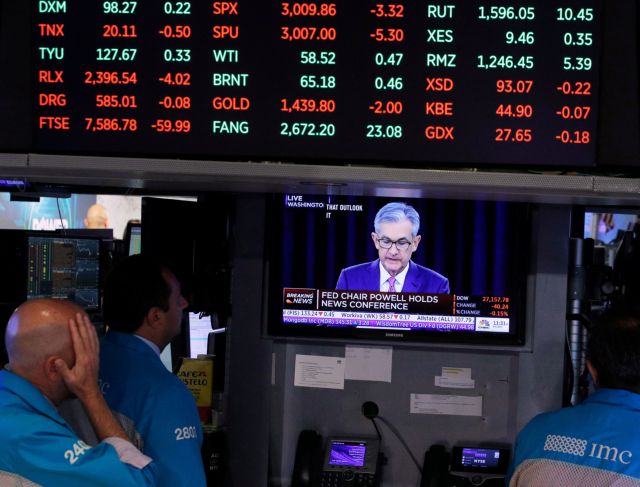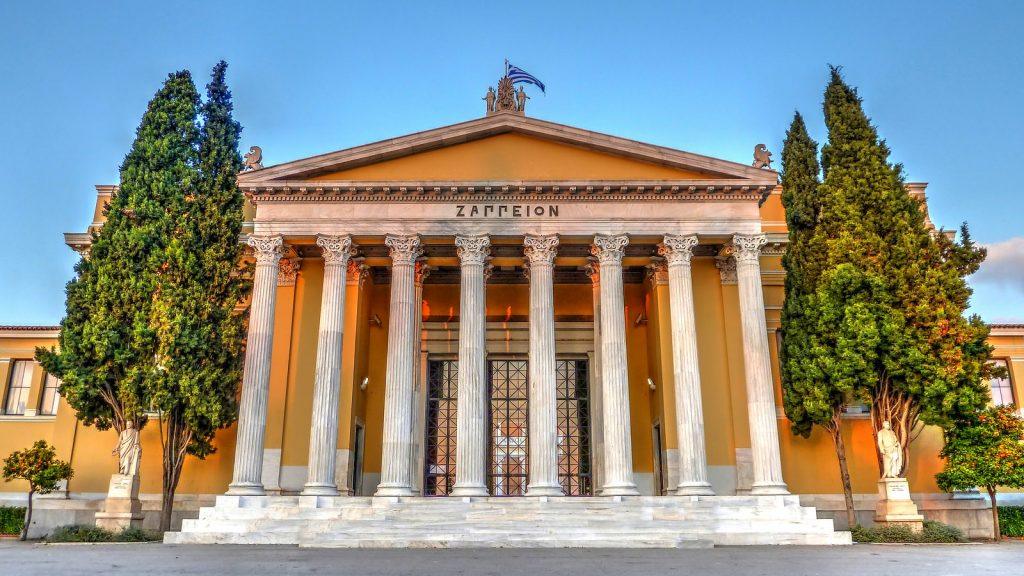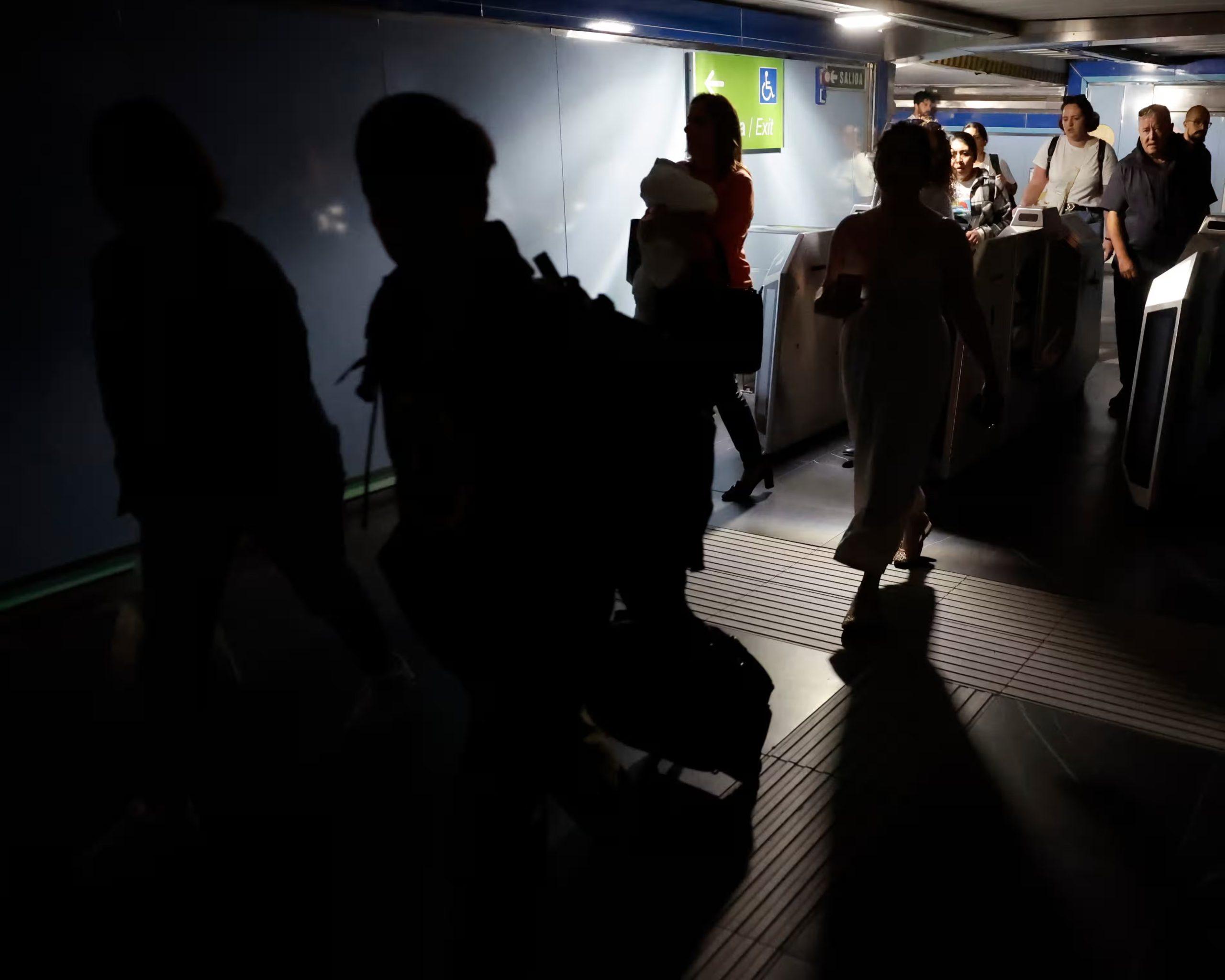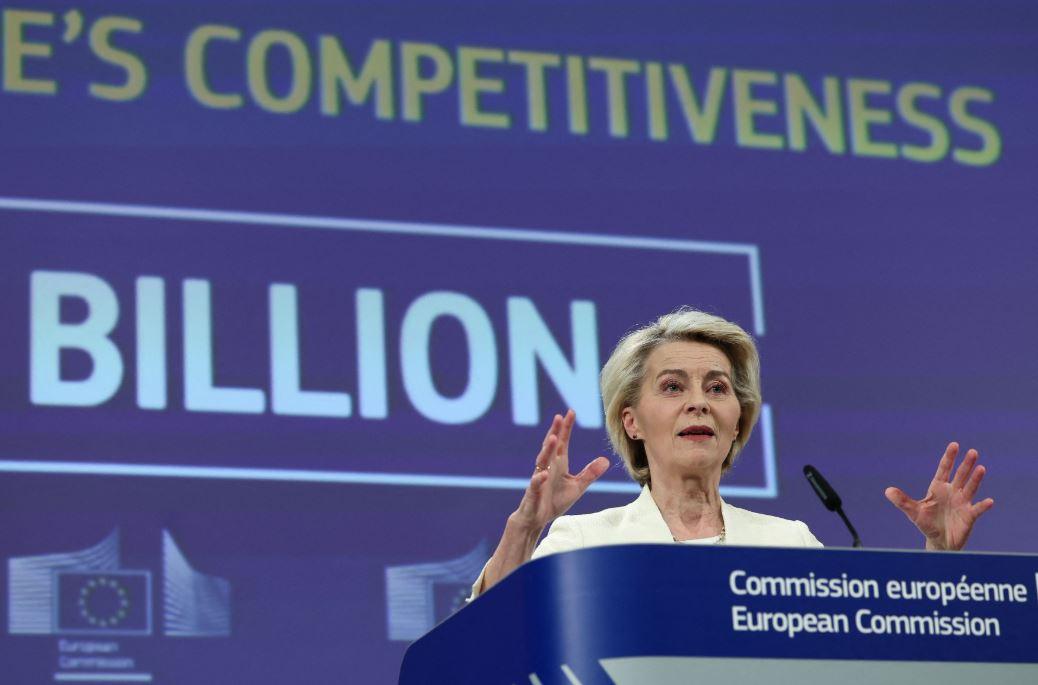Now the energy crisis in Europe is starting to show its teeth with winter and cold temperatures prevailing in the countries and the demand for electricity is skyrocketing. Due to the weather conditions, RES do not participate in the energy mix, which is launched at record levels in terms of costs.
At the same time, geopolitical developments and low gas reserves compose an explosive price cocktail that now threatens to destroy the budgets of tens of thousands of households.
One can see this bluntly from specific indicators from the Greek and European market. According to the Hellenic Energy Exchange, the next day’s market shows for today the average wholesale price to jump in a 24 hour period to 254.68 euros / MWh. When yesterday it was at 186.07 euros, thanks to the ideal wind conditions that put the cheap wind farms into operation. The data changed and so in a few hours the average price increased by 36.87%.
TTF gas on the Dutch trading platform jumped intra-conference to 107.8 euros / MWh, also sending April contracts, when the de-escalation is estimated at 75 euros. A few months ago the future price was at the level of 50 euros / MWh.
But in other European markets, wholesale electricity prices are breaking all records. In France the average price for today was 300.79 euros / MWh, followed by Italy with 294.75 euros, followed by Croatia with 285.92 euros, Switzerland today shows the wholesale price of electricity at 284.27 euros, in Austria and Hungary it jumped to 282.14, while the average wholesale price in Serbia is 273.57 euros, in the Iberian countries (Spain and Portugal) the average price is 268.21 euros and so on.
“Band aid” measures
In the face of this snowstorm of hikes that show heavy winters for thousands of households in the coming months, the government is seeking to intervene with consumer protection measures, which, however, are not enough to set up a credible income security grid.
As Prime Minister Kyriakos Mitsotakis himself announced in an interview with the Free Press on Sunday, increases in the gas discount are planned. The new measures will take effect in the first quarter of 2022.
However, the 15% discount announced for the domestic gas consumers announced from October to November has not yet passed. According to information, DEPA Commerce has not come up with the formula with which it will agree with its suppliers – customers on how to pass on the discount. As a result, energy providers have not discounted their household bills.
Thus the tens of thousands of households that consume natural gas have been burned 150 with increases of 150%.
“Cuts”
At the same time, the government, due to pressure from Brussels, is expected, as Environment and Energy Minister Costas Skrekas announced yesterday to Sky tv, to abolish the subsidy of all electricity bills. As TA NEA SATURDAY wrote, the aid will be given only to vulnerable households. The relevant Ministries of Finance and Environment and Energy are in the process of designing the income and property criteria.
However, the market describes these measures as “band aids” to deal with the sharp wave of precision that will hit electricity consumers in the coming months.
